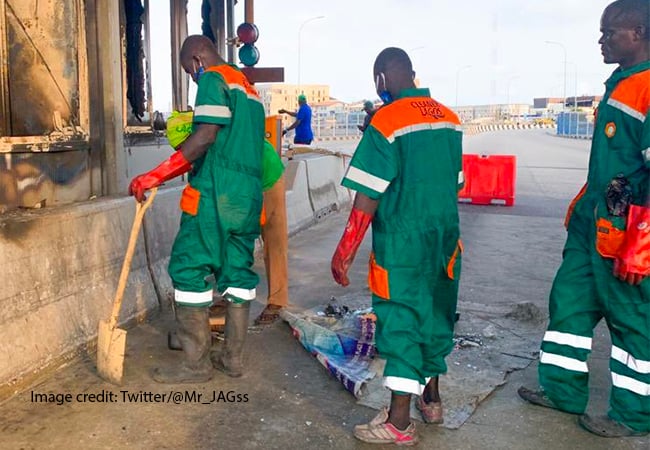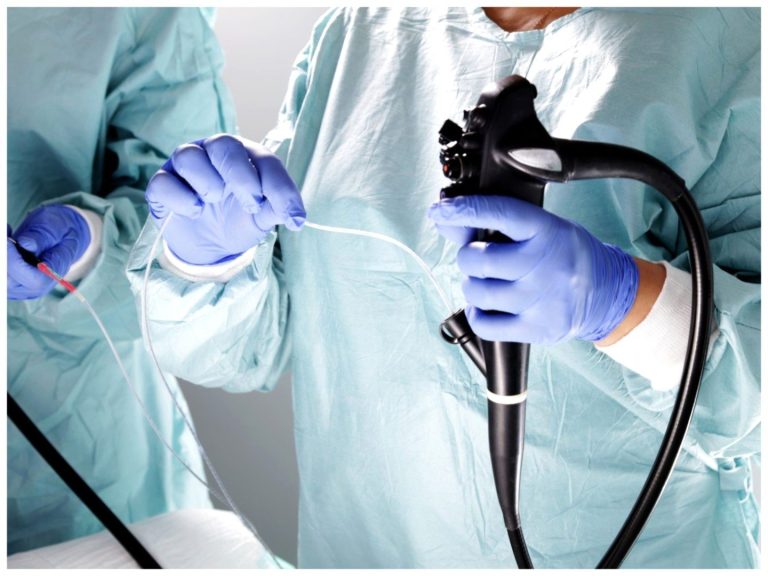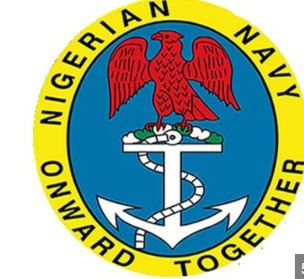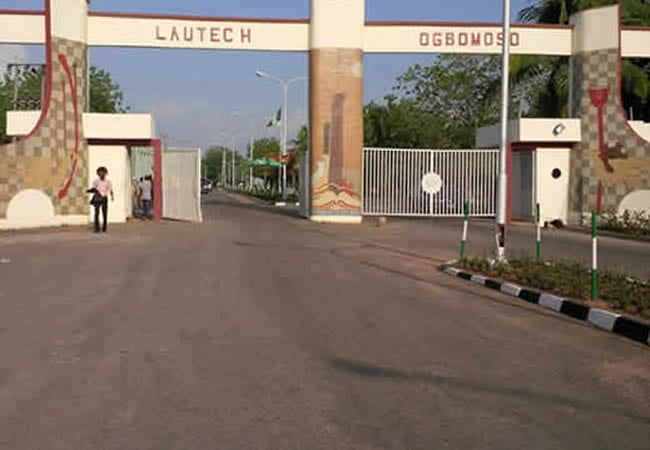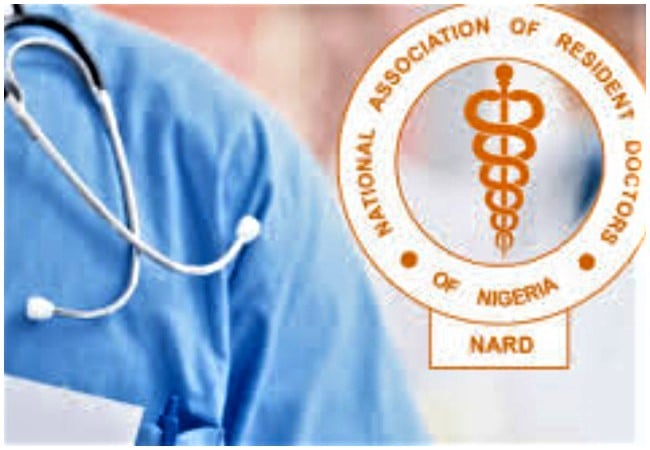By Agency The Lagos State Commissioner for Environment and Water Resources, Mr Tokunbo Wahab,...
service
The Amuwo Odofin Maternal and Child Centre in Lagos State, says it has begun...
The Edo State Government has said it will provide 24-hour free Wi-Fi service in...
Men of the Edo State Police Command have arrested an official of the Nigerian...
Doctors at the Ladoke Akintola University of Technology Teaching Hospital, Ogbomoso, Oyo State began...
Bolt Food has announced its expansion into inner cities in Lagos enlarging its coverage...
It now looks like a sin to study medicine in Nigeria. The National Assembly...
The Minister of Health, Dr. Osagie Ehanire, says the bill for compulsoryfive-year service for...
The Federal Government says it is still committed to providing quality, affordable and accessible...
The Nigerian Association of Resident Doctors has opposed the Medical and Dental Practitioners Act...
